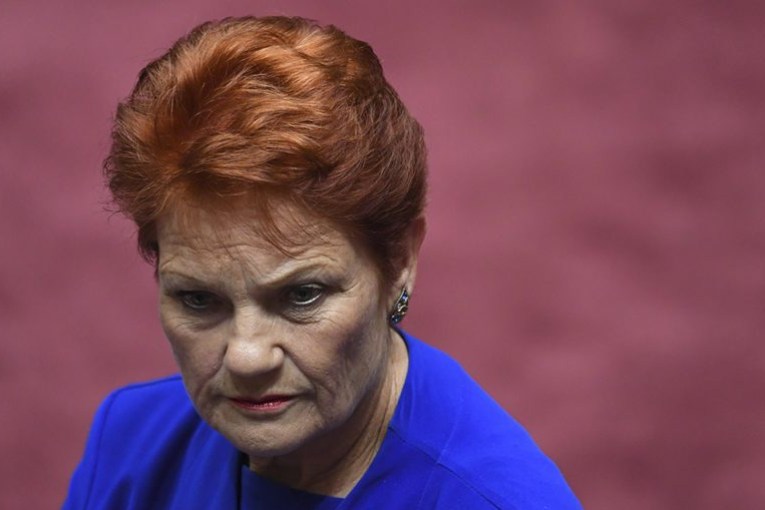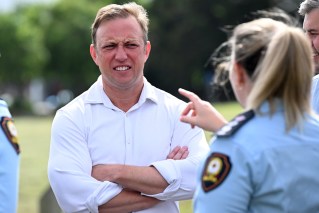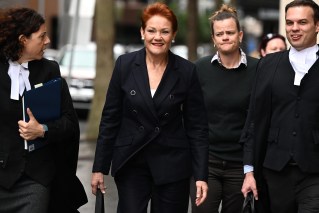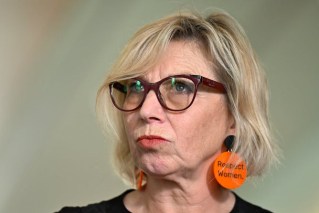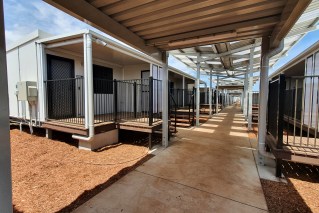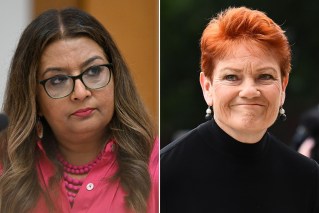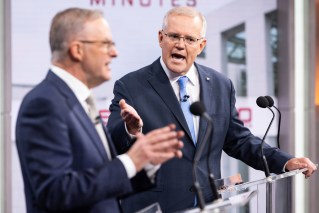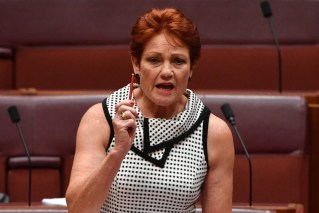As support swings back, Yes camp say it’s never too late; not giving up
A leading Indigenous voice to parliament advocate is welcoming “timely” reports prominent ‘no’ campaigners are switching sides.
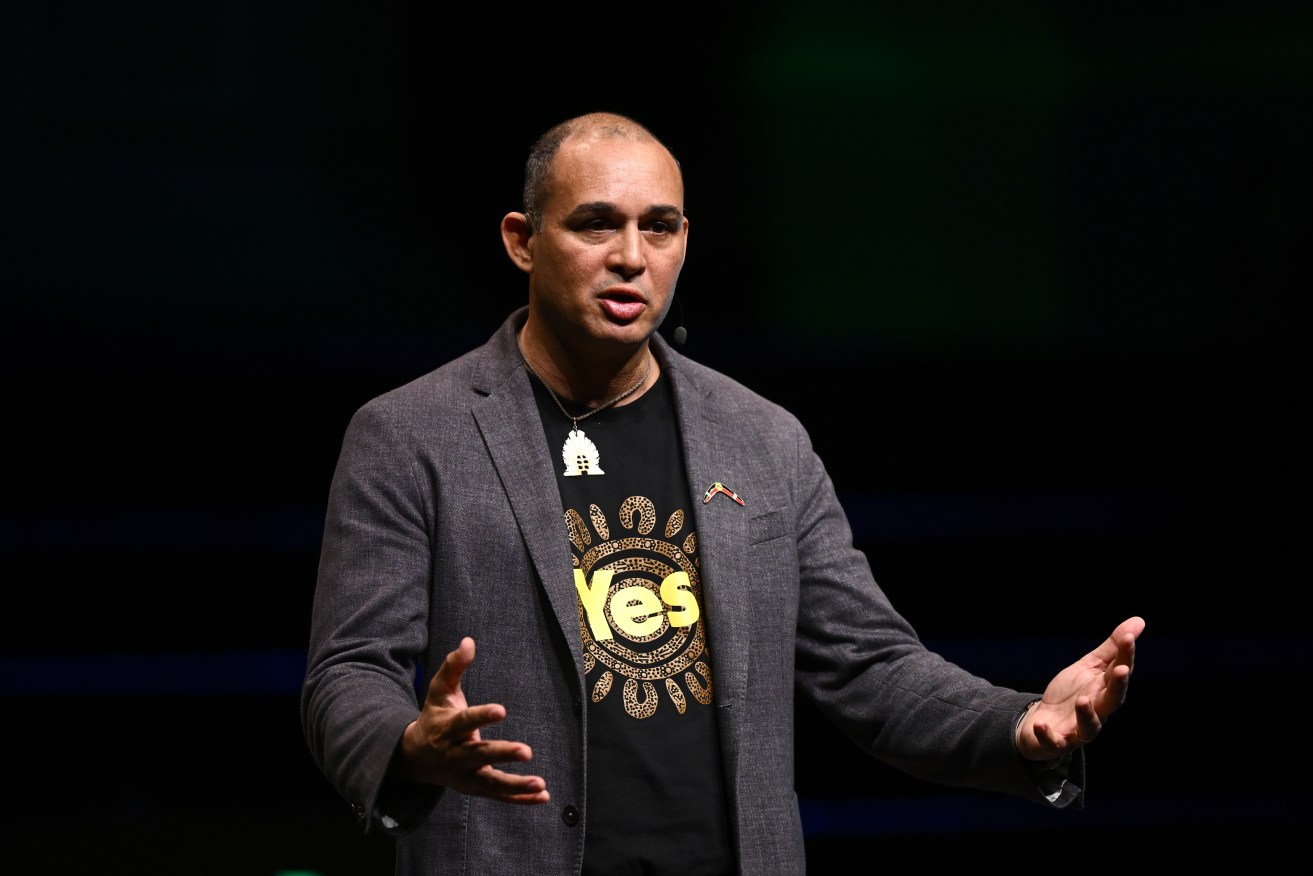
Thomas Mayo, First Nations Referendum Working Group and co-author of The Voice to Parliament Handbook speaks during a Voice To Parliament panel, in Sydney, Wednesday, July 19, 2023. (AAP Image/Dan Himbrechts)
Thomas Mayo says it isn’t too late for ‘progressive no’ voters to start campaigning for the voice, despite their flip coming just a fortnight out from the referendum.
A Nine Newspapers report on Friday suggested some key ‘no’ voters who initially wanted stronger action than the voice had grown wary of being aligned with Opposition Leader Peter Dutton and One Nation leader Pauline Hanson.
Those flipping to ‘yes’, the report states, include ‘Blak Sovereignty’ campaigners, although Senator Lidia Thorpe remains committed to ‘no’.
Mr Mayo, one of the voice’s architects, wants people who recently made the switch to talk to others about why they’d done so.
“I encourage all of those that might have shifted to ‘yes’ from ‘uncertain’, leaning towards ‘no’ or even a hard ‘no’, if you’ve come over to our side, then get out there and talk to people about why you’ve done that,” he told ABC Radio.
“We can’t afford a ‘no’ so get out there and talk about it if you’ve realised just what a great step this will be (and) a great piece of progress that we will celebrate.”
Mr Mayo estimated “30 to 40 per cent” of voters hadn’t decided their vote yet ahead of the October 14 referendum.
Prime Minister Anthony Albanese acknowledged the importance of the final fortnight as the period where voters would focus on the question.
He recalled a recent experience with a voter who likened the voice’s advisory body capacity to a parents association at a school.
“That gives advice, it doesn’t run the school, it doesn’t run the education department,” he told ABC Radio.
“But if schools listen to the advice of the people who are directly affected, teachers and parents and students themselves, then you get better outcomes.”
The Uluru Dialogue announced on Friday it had translated information about the voice into 30 First Nations languages to help some Indigenous voters engage ahead of the poll.
Co-chair Pat Anderson said the translations would be distributed through First Nations radio stations, community organisations and on the ground.
“It is often those in our remote communities whose voices are least heard in the halls in Canberra but who have some of the greatest need for improvements in laws and policies made about them that a voice will provide,” she said in a statement.
“Reaching First Nations peoples in communities where English is not the first language can be a challenge but must be an absolute priority for this referendum.”
